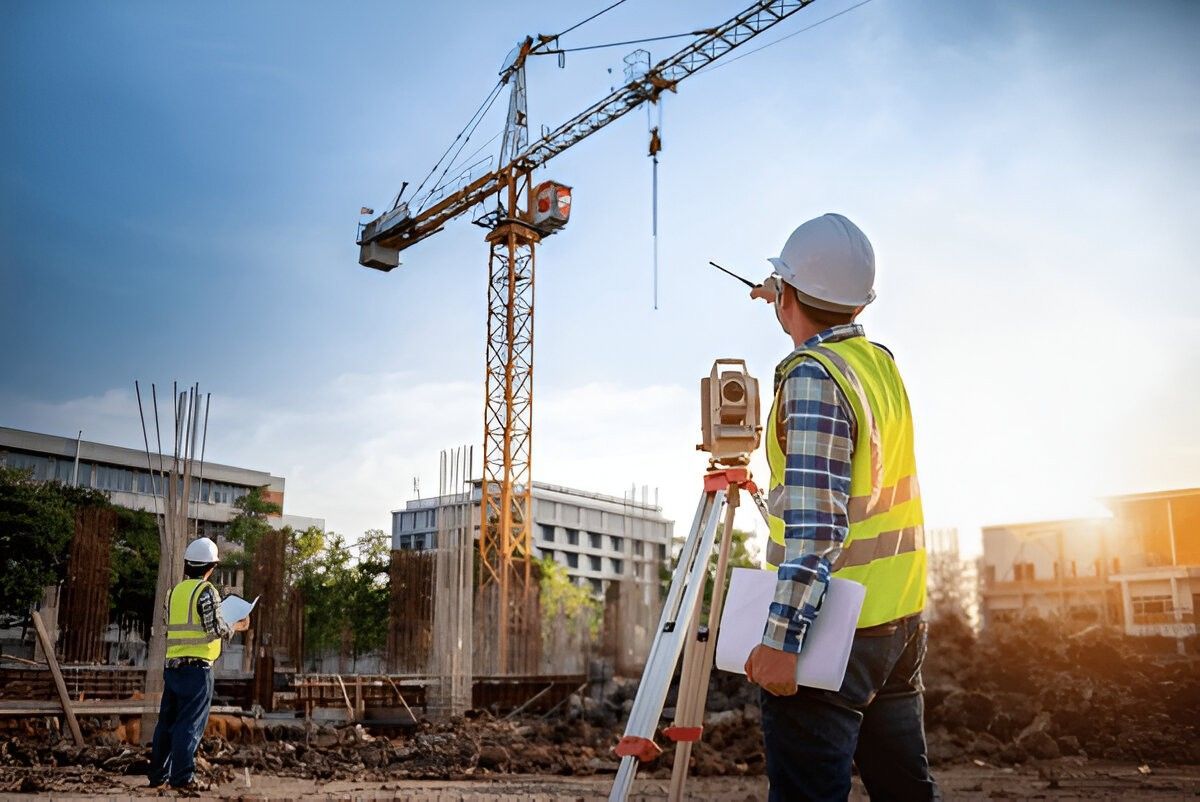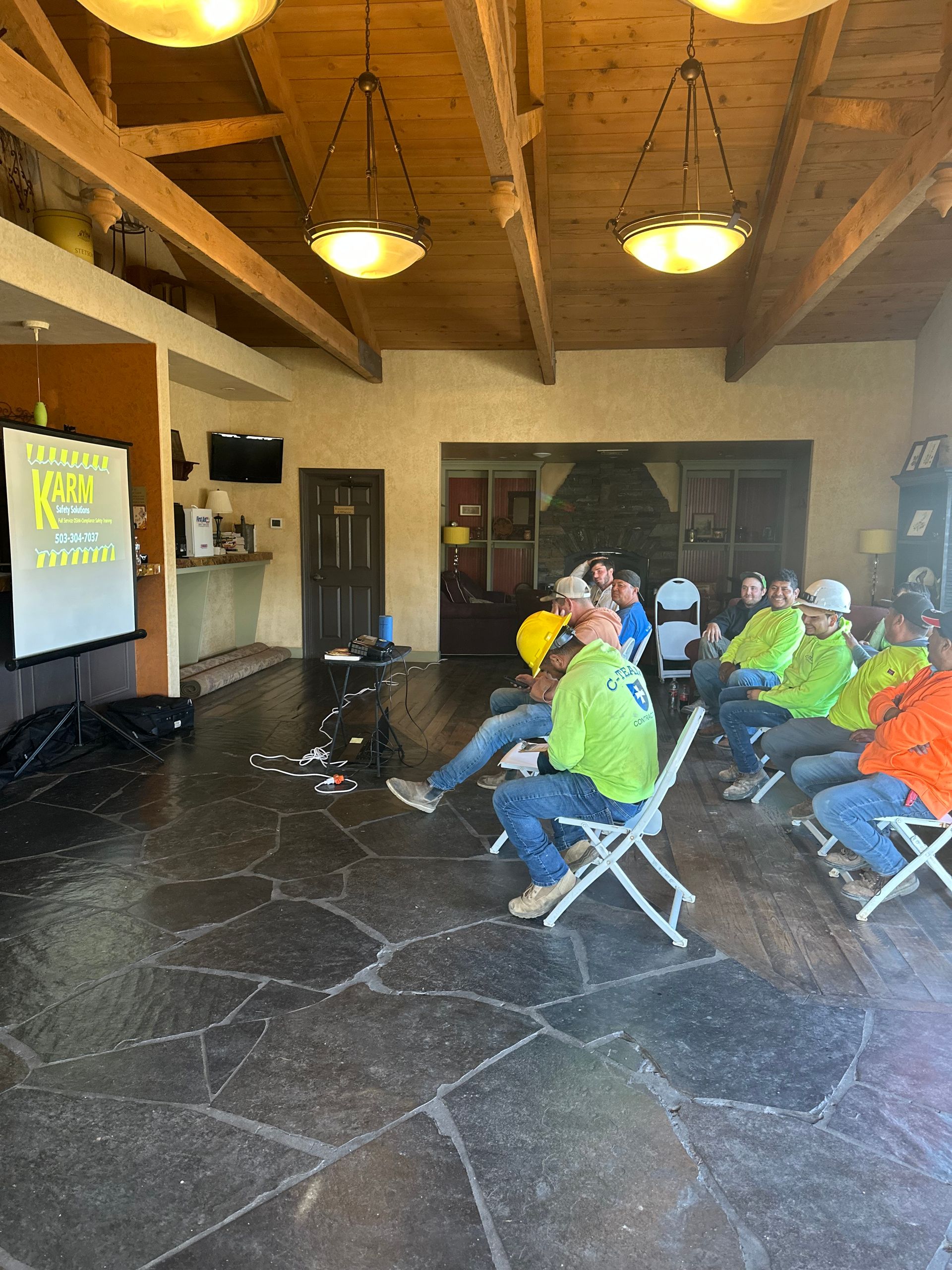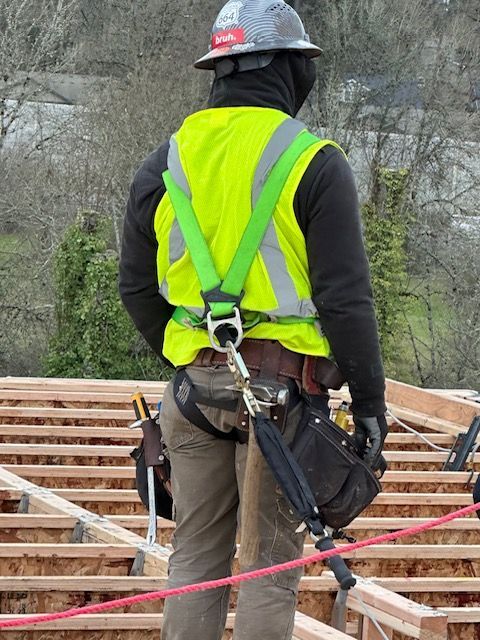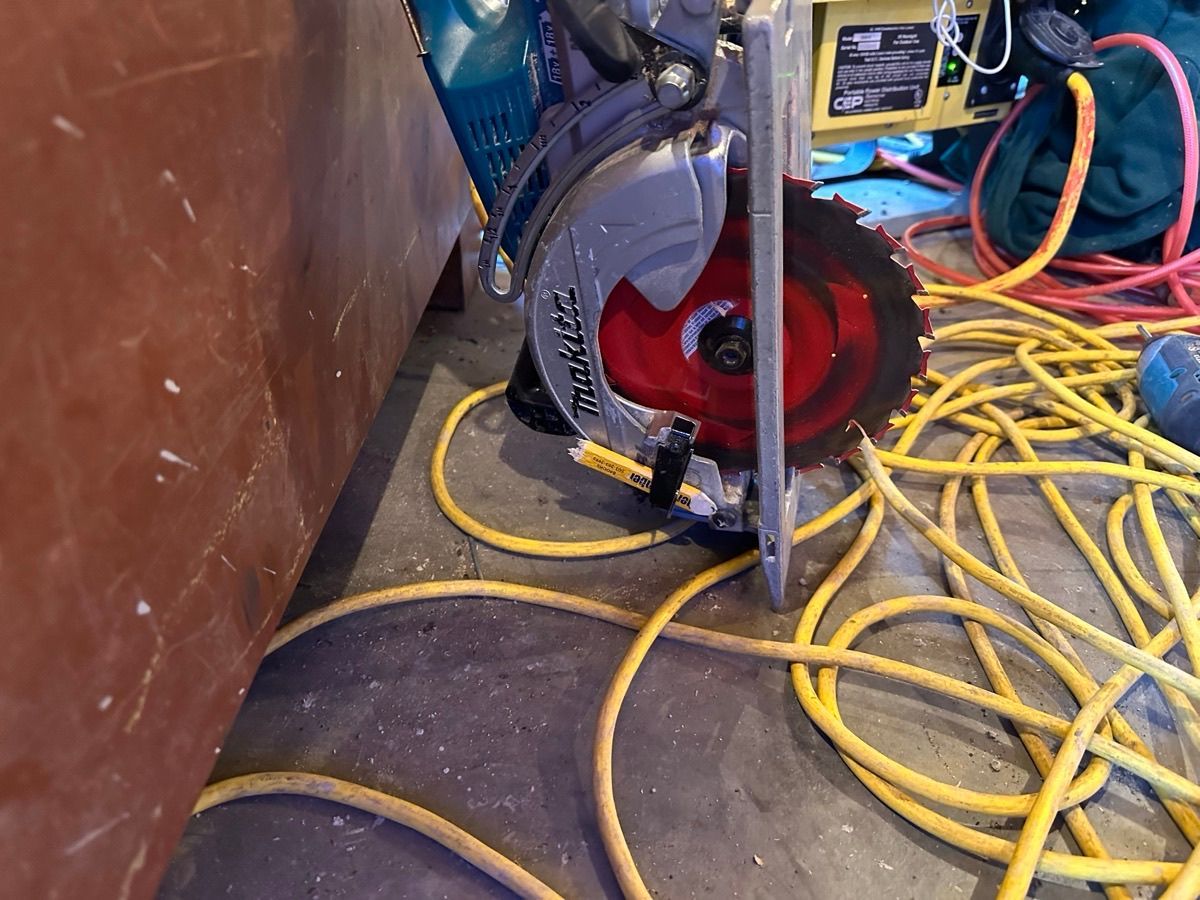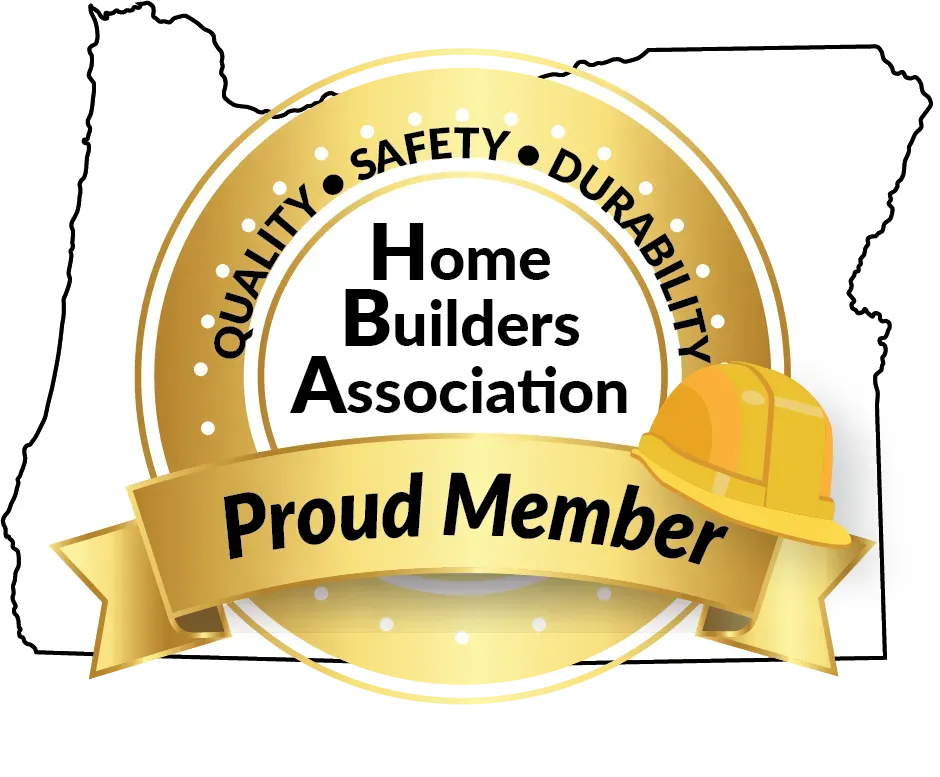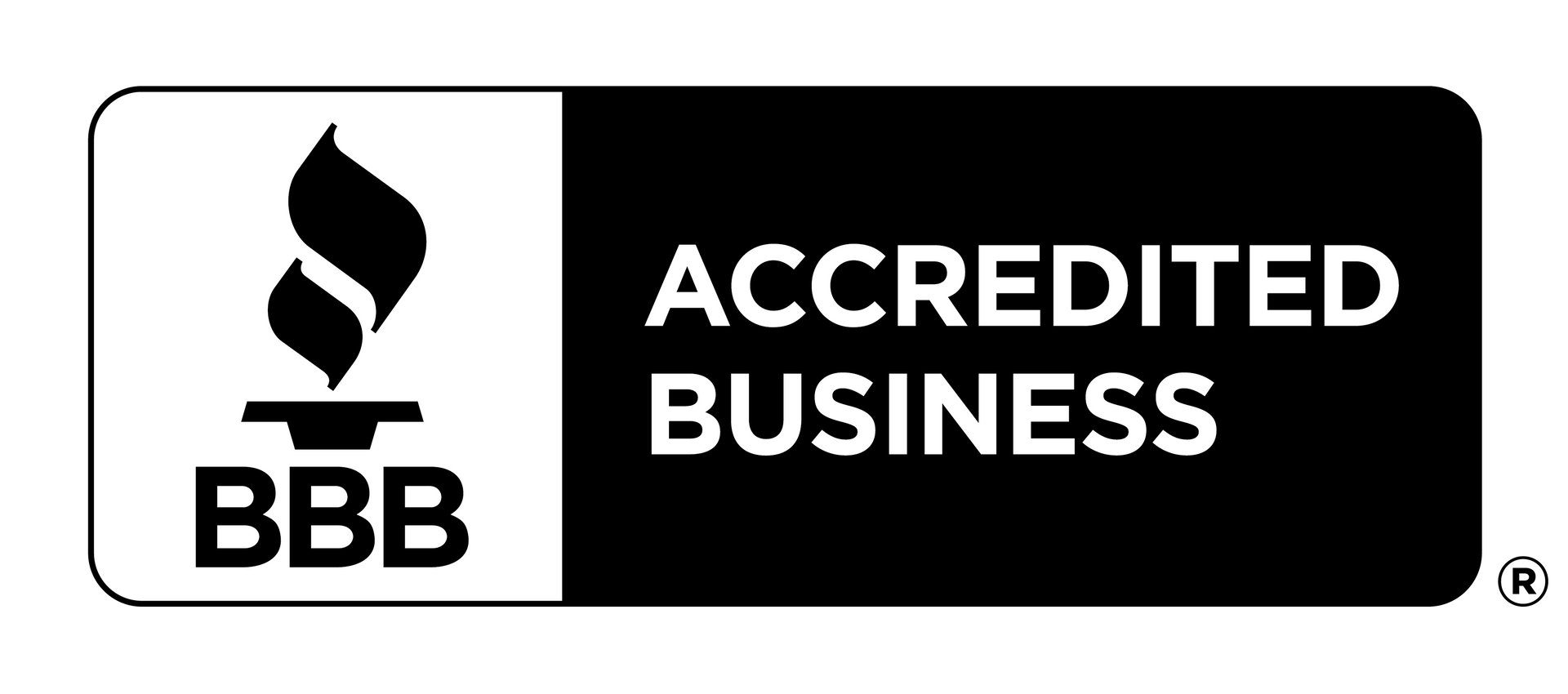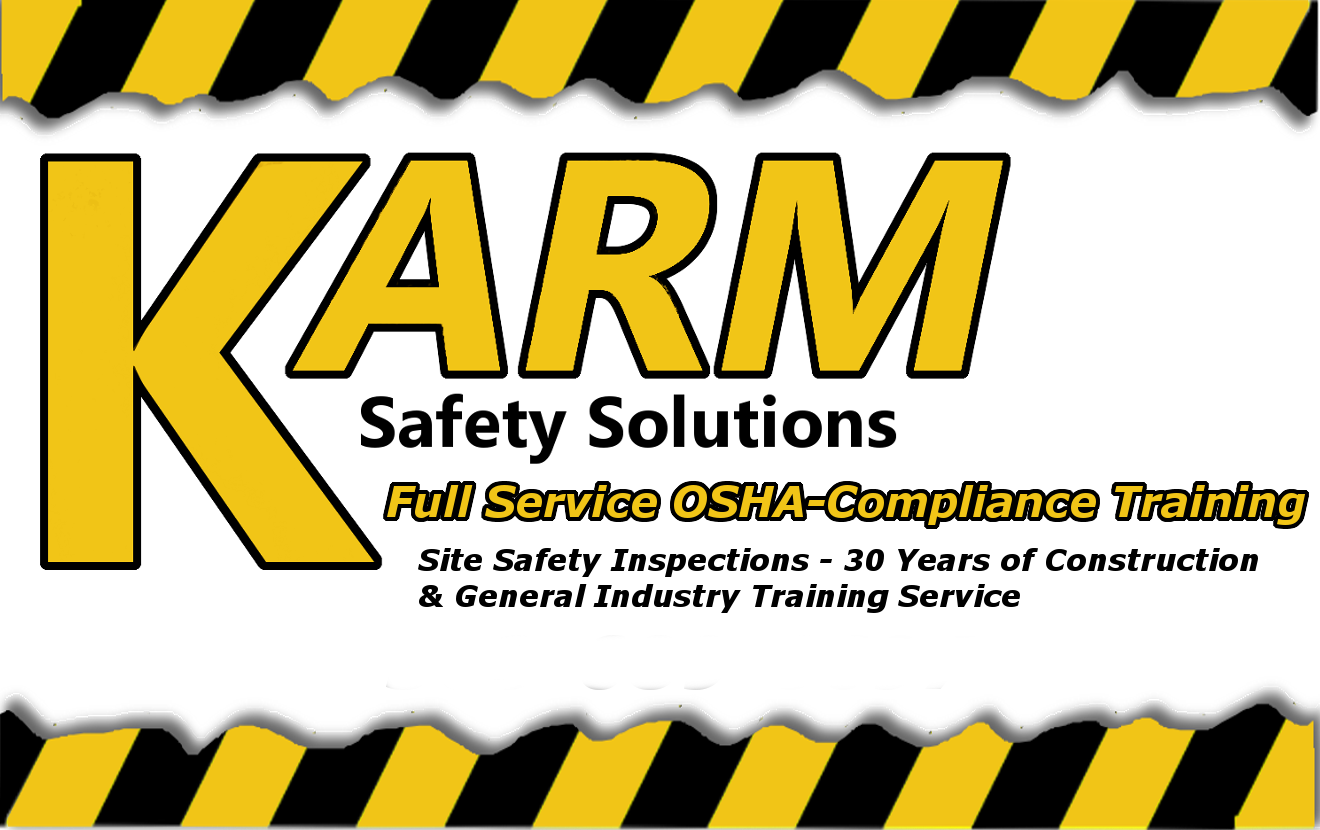The Importance of forklift safety training
Why Forklift Safety Training?

Forklifts are essential equipment in many industries, including warehousing, manufacturing, and construction. They help move heavy loads efficiently and quickly, significantly enhancing productivity. However, forklifts can also pose serious safety risks if not operated properly. This is where forklift safety training becomes crucial. Comprehensive forklift safety training programs not only ensure compliance with regulations but also protect workers, enhance operational efficiency, and reduce costs associated with accidents and injuries.
Ensuring Regulatory Compliance
One of the primary reasons for implementing forklift safety training is to comply with regulatory requirements. In many countries, including the United States, the Occupational Safety and Health Administration (OSHA) mandates that all forklift operators must be adequately trained and certified. OSHA standards require employers to develop and implement a training program based on the general principles of safe truck operation, the types of forklifts used in the workplace, the hazards of the workplace created by the use of the vehicle, and the general safety requirements of the OSHA standard. Non-compliance can result in hefty fines and legal consequences for businesses.
Protecting Workers' Safety
Forklift accidents can lead to severe injuries or even fatalities. Proper training ensures that operators understand how to handle forklifts safely, including how to load and unload materials, navigate through tight spaces, and operate the machinery under various conditions. Training programs typically cover topics such as the stability triangle, load capacity, and safe driving practices. By educating operators on these critical aspects, businesses can significantly reduce the risk of accidents, protecting their most valuable asset: their employees.
Enhancing Operational Efficiency
Well-trained forklift operators are not only safer but also more efficient. They can handle the equipment more skillfully, leading to faster loading and unloading times, reduced product damage, and smoother overall operations. Efficient operations translate to higher productivity, which can have a direct positive impact on a company's bottom line. Moreover, trained operators are better at performing routine inspections and maintenance on forklifts, ensuring that the equipment remains in good working condition and minimizing downtime.
Reducing Costs Associated with Accidents
Accidents involving forklifts can be costly for businesses. Beyond the immediate medical expenses and potential compensation claims, there are costs related to equipment damage, lost productivity, and increased insurance premiums. Investing in comprehensive forklift safety training can help mitigate these costs. By preventing accidents before they happen, businesses can avoid the financial burdens associated with them. Additionally, a safer work environment can lead to lower insurance premiums over time, providing further cost savings.
Fostering a Safety Culture
Implementing forklift safety training programs contributes to fostering a culture of safety within the organization. When employees see that their employer is committed to their well-being, it can boost morale and increase engagement. A safety-oriented culture encourages all employees to take responsibility for their actions and look out for one another, further reducing the likelihood of accidents. This proactive approach to safety can create a positive feedback loop, where continuous improvement in safety practices becomes the norm.
Adapting to Technological Advancements
The field of forklift technology is constantly evolving, with new models and features being introduced regularly. Safety training programs ensure that operators are up-to-date with the latest advancements and know how to use new features effectively. For instance, modern forklifts may come equipped with advanced safety features such as automatic braking systems, stability control, and enhanced visibility tools. Training helps operators understand and leverage these technologies to enhance safety and efficiency further.
Conclusion
Forklift safety training is an indispensable aspect of workplace safety and operational efficiency. By ensuring regulatory compliance, protecting workers' safety, enhancing operational efficiency, reducing accident-related costs, fostering a safety culture, and adapting to technological advancements, comprehensive training programs provide numerous benefits to businesses. Investing in forklift safety training is not just about meeting legal requirements; it is about creating a safer, more productive work environment that ultimately contributes to the success and sustainability of the business.
